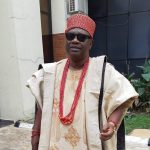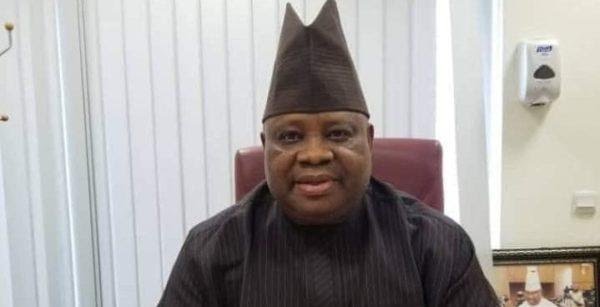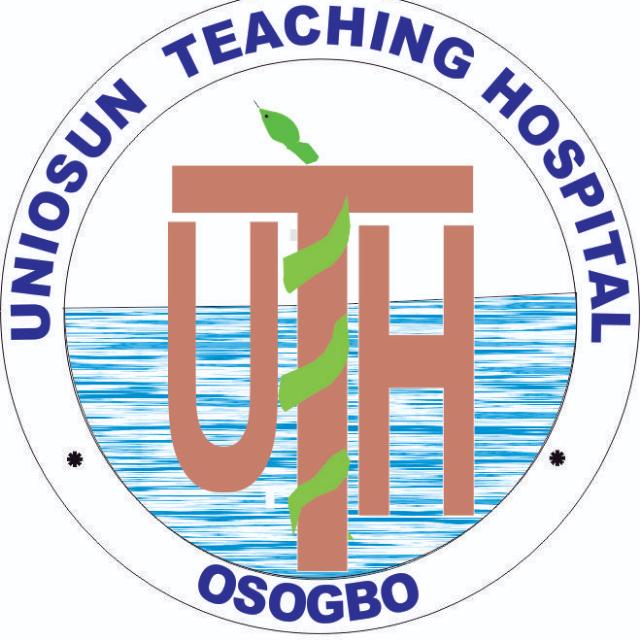The announcement by the nation’s Independent Electoral Commission (INEC) releasing the timetable for the Governorship elections in Ekiti and Osun States in 2018 is very much noted. The electoral commission must be given kudos for intimating all the relevant stakeholders of its intent and giving them the time to prepare for what in both states will be, probably pivotal elections. If nothing else, the early release of the sequence of events shows that critical institutions are being developed into the solid mechanism vitally needed to consolidate and deepen our democracy.
For the state of Osun, it is a wake-up call. It means that we will soon be in the post- Aregbesola era. These means that there must be a clear succession plan to consolidate on the gains of his two terms in office. The two terms have been pivotal. For a start there has been in governance, a clear and decisive break with an underachieving past. These gains must now be made irreversible.
The retooling of the state in terms of implementing Aregbesola’s original mission statement, via the six points’ integral action plan has been truly remarkable. The six-point agenda in its implementation has actually brought back into the lexicon the concept of the Social Contract. The essence of a social contract, which is a beneficial link binding the government in office to the electorate had hitherto been one of the casualties of the military incursion into our politics. Aregbesola through his fiscal prudence as well as the implementation of a remarkable social intervention programme has made the concept of the social contract fashionable gain.
The implementation is visible. Assessing the efforts made by the Aregbesola intervention makes one to recall what has been said for centuries about Christopher Wren, the sublime architect who defined what today is the ethos and spirit of the great city of London. The well known plaque says that, “If you seek to know what he has achieved, please look around you”. In this same manner, if you seek to know what Aregbesola has achieved in the State of Osun, do go there and look around you. The transformation starting from a low base is remarkable. There will be eternal discourses about the dotting of I’s and the crossings of T’s.
Nevertheless, in a very difficult fiscal climate within the context of a debilitating quasi-federalism, he has left the state in a better shape than he found it. The gains must not be frittered away. For there is a real threat that those who wish to go back to the pre-Aregbesola days of sloth, indolence and gains without pain are already preparing to leap over the fence and regain power.
Such a thing will be akin to a Shakespearean tragedy. It will mean in essence that like the Bourbons of revolutionary France, the people of the State of Osun will have learnt nothing and forgotten nothing. It must not be allowed to happen.
A much more desirable route is the example set in Lagos State since the return to civil rule in 1999. In that laudable trajectory, seamless transitions have handed the baton in a series of changeovers from the initiating avatar Asiwaju Bola Ahmed Tinubu, to successors who have passed on the torch of sustainable development. The framework has ensured fiscal stability and continuity of the development process, a remarkable model, in Africa.
The state of Osun must follow suit. This means that the helmsman himself must follow the laudable example set in Lagos and ensure that the atmosphere is created for continuity of the programmes so beneficially implemented in the state. Governor Aregbesola frankly has no alternative. For the verdict of history will be harsh if he is derelict in his historic responsibility on this score. The imperative for continuity is non-negotiable.
Aregbesola therefore has work to do. For there are two decisive tenets in political mobilisation and communications which have to be deployed in the quest for continuity. The first is that a figure who has achieved what he has achieved must shift the territory of debate decisively in favour of his own position. Furthermore, we must acknowledge that Nicolo Machiavelli was correct about ‘The Law of Constant Reminders’. Great achievements have been made but there is a need for “constant reminders”. These two interlinked positions must be used as the mobilizing tools for the myriad of focus groups and stakeholders in the state. Done sensibly as it must, the vitally needed continuity will be ensured.










